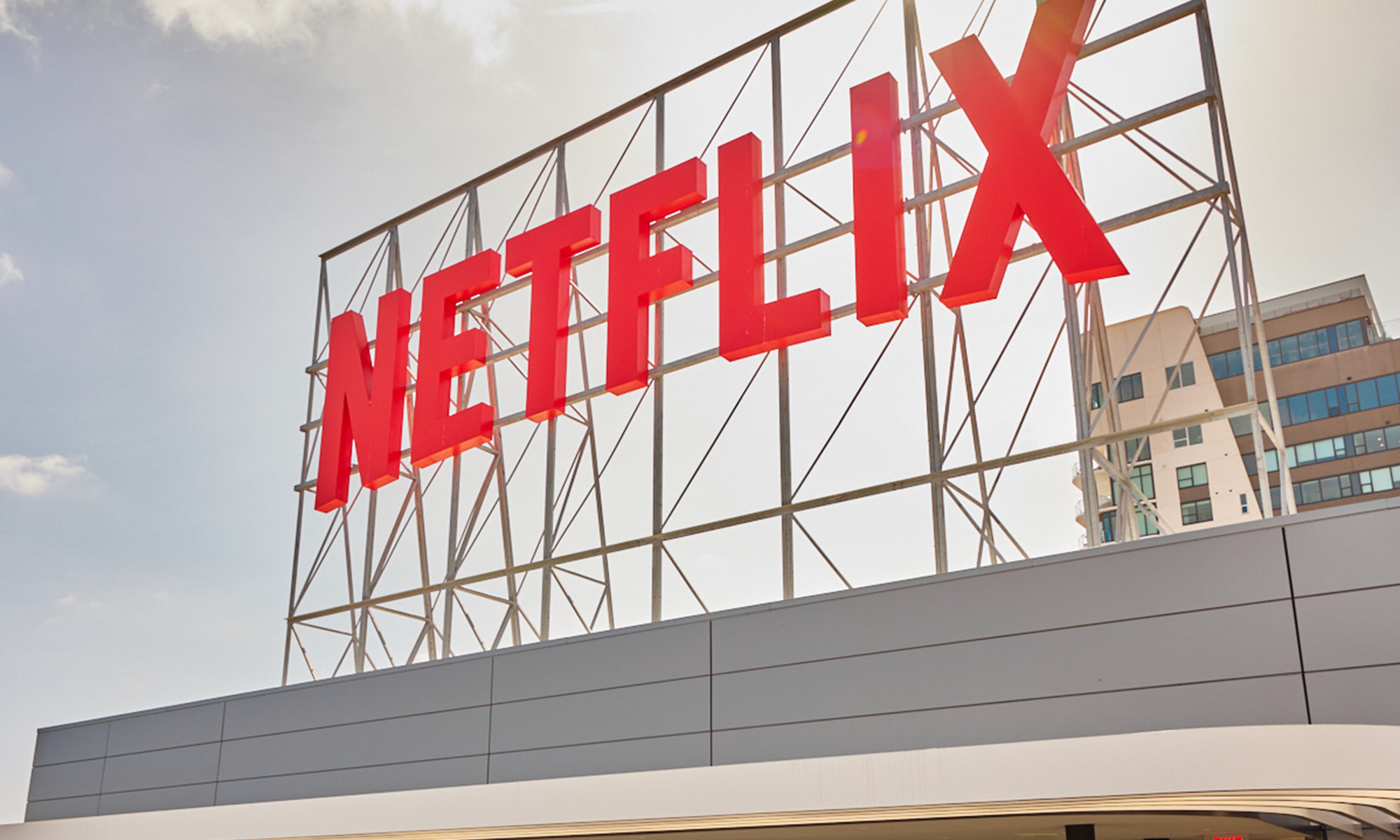Netflix (NASDAQ: NFLX) still reigns supreme when it comes to streaming content, but its rivals are chipping away at its dominance.
New research from eMarketer, the market research firm, shows the king of streaming content's market share has been in a decline since 2014 when 90% of the streaming content viewers were Netflix customers. In 2019, the research firm predicts Netflix's share of over-the-top (OTT) paid subscribers will stand at 87%. By 2023, that will drop to 86.3%.
The culprit for its waning position: Hulu, Amazon Prime, and other streaming content providers that are stealing customers away from Netflix.
According to eMarketer Hulu currently has 75.8 million viewers, with that expected to grow 17.5% this year. It is down from the 49.6% growth Hulu enjoyed in 2018.
Meanwhile, eMarketer predicts Amazon Prime Video will maintain its second-place position with viewer penetration of 52.9% in the U.S. Its expected to end the year with 96.5 million viewers, up 8.8% compared to a year ago. By 2021, Amazon Prime Video is forecast to reach one-third of the population in the U.S.

Image source: Getty Images.
Netflix is still the leader but Disney is coming for it
Netflix still dwarfs its rivals in terms of viewers. It is projected to end this year with 158.8 million subscribers, a growth rate of 7.6%. That's being driven by new seasons of original programming that have become smash hits including "Stranger Things," "The Irishman," and "Orange Is the New Black."
eMarketer's forecast doesn't take into account the impact Walt Disney (NYSE: DIS) will have on the streaming content market when it enters the space in November. Known as Disney+, the media company is making big bets on its streaming content service, even going as far as to call it the future. Customers get exclusive access to Star Wars, Marvel, and Pixar movies as well as a slew of Disney shows and original movies the company is creating for the service. In what is seen as a direct blow to Netflix, Disney+ will only cost $6.99 a month for U.S. customers who want the basic package, which is cheaper than Netflix which charges $8.99 a month for its lowest tier package. Disney will offer high definition streaming as part of its lowest package, something Netflix doesn't offer.
"While there is no true 'Netflix killer' on the market, Disney's upcoming bundle with Disney+, Hulu and ESPN+ probably comes closest," said eMarketer forecasting analyst Eric Haggstrom. "Netflix's answer has been to stick to what has made it the market leader—outspending the competition on both licensed and original content, offering customers a competitive price."
Netflix's stock has been in the doldrums
The increased competition comes at a precarious time for Netflix. The stock is up close to 9% so far this year but has been declining since July when it reported second-quarter results. It has underperformed the S&P 500 ever since then when it reported 151.56 million paid subscribers, missing its target for 153.86 million paid subscribers. In the U.S. it lost about 130,000 paid subscribers for the quarter, below Netflix's internal target of growth of 0.3 million viewers. Netflix blamed a price increase in the U.S. earlier in the year for the decline in subscribers. All of that didn't sit well with investors who sold off the stock. Add competition from Disney and other rivals to the mix and it's not surprising shares remain under pressure. In addition to competitive threats, shares of Netflix are still pricey, trading at more than 100 times earnings compared to Disney which trades at around 17 times earnings.
If Disney+ is a big hit out of the gate, it could put more pressure on Netflix's stock which has largely enjoyed an upward trajectory for a decade. But if the new service fails to take off with the masses and Netflix is able to churn out more hits and boost subscribers in the U.S., the recent decline in the stock may be short-lived, presenting a buying opportunity.







